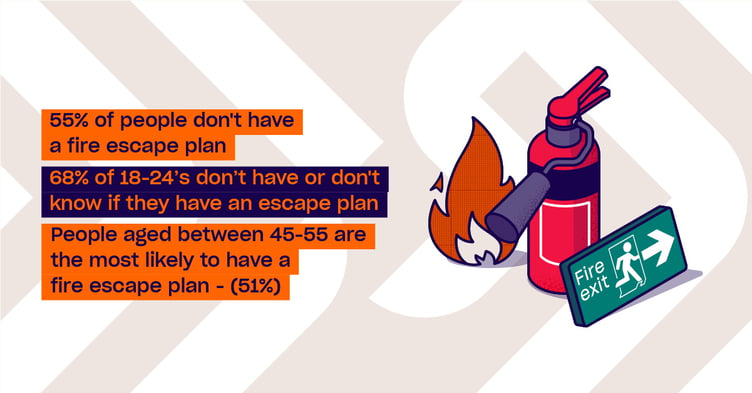NHS waiting times for mental health services in England can potentially last up to 18 weeks depending heavily on where you live, so finding fast alternative ways to combat mental health issues has never been more important.
Jenine Butroid is the founder and CEO of Supporting Minds, a counselling service providing a range of professionally recognised training and therapy services.
She gives her advice on how to find support quickly when struggling with your mental health.
Asking for help is the first step towards getting and staying well but knowing how to start or where to turn can be tricky. While there are many support options out there, you might find some are more suitable for you or more readily available than others.
1. Talk to your friends and family
When you are down and feel like you need support, talking to someone you trust about how you feel is the best thing you can do.
Whilst this is only a temporary fix, I recommend opening up to a family member or friend, as this can be one of the most effective ways to help you share your burden. By talking to people close to you, you can reinforce feelings of strength, resilience, and perseverance and combat any feelings of guilt and shame.
They may even offer to help you with everyday tasks, book therapy appointments, or go to sessions with you.
It is not weak to speak, and there really is no downside to it.
2. Search for local charities
If you are struggling to book an appointment with your local GP, do not panic.
Luckily for you, there are many national and local charities out there that offer various support services.
These consist of helping and listening therapies, information and signposting therapies, talking therapies, advocacy and crisis care and employment and housing support, to name a few.
Local services are typically free or low-cost and can be found through a quick internet search. However, bear in mind it is unlikely these services can give you a diagnosis or prescribe medications.
3. Visit a trained therapist
It is not uncommon for doctors to refer people to therapists or counsellors who offer a range of different therapies. However, if you are feeling low or have done for a while, I recommend contacting a therapist directly to deal with any issues you have as quickly as possible.
These services can be expensive, and most of us cannot afford to pay in excess of £50 per weekly session.
This is why at Supporting Minds we pride ourselves in delivering affordable therapy sessions that can take place in person or online to help people understand their emotional well-being as quickly as possible.
4. Utilise peer support groups
Research shows that peer support can improve people’s well-being, meaning they have fewer hospital stays, larger support networks, better self-esteem, confidence, and social skills.
There are different types of peer support out there, but they all involve both giving and receiving support.
This could be sharing knowledge or providing emotional support, social interaction, or practical help.
Everyone’s experiences are treated as equally important, and no one is more of an expert than anyone else.
5. Ask for workplace support
At times your work may be affected by your mental health problem.
For example, if you are experiencing depression, you might feel so tired that you cannot work.
But with support from your employer, you can make some changes to help manage and improve your mental health.
If you are lucky enough, your workplace may offer an Employee Assistance Programme.
This is where your company will provide free access to support services such as talking therapies.
If not, I suggest choosing one of the four options above.
Seeking help isn’t always easy, especially when you’re not feeling well.
It can take time and may not be straightforward.
But it is important to remember that you are not alone and deserve support.
If you are finding it challenging to access these services, or you have already tried these options and are not sure where to turn next, please visit www.supportingminds.com/ for further guidance.



.jpeg?width=209&height=140&crop=209:145,smart&quality=75)

Comments
This article has no comments yet. Be the first to leave a comment.